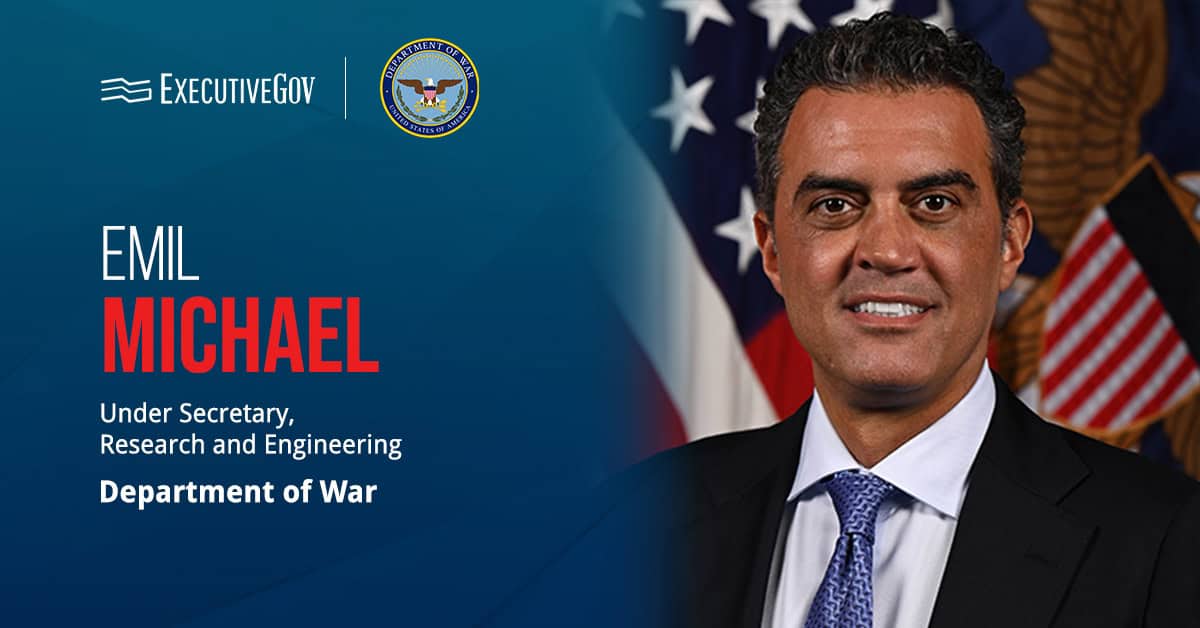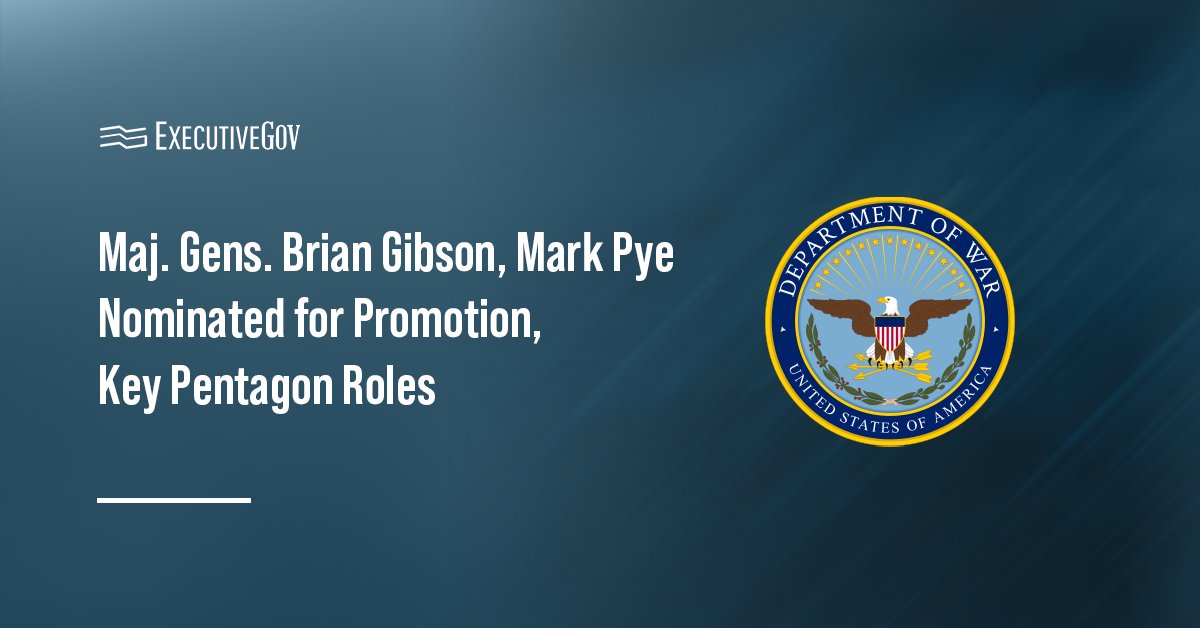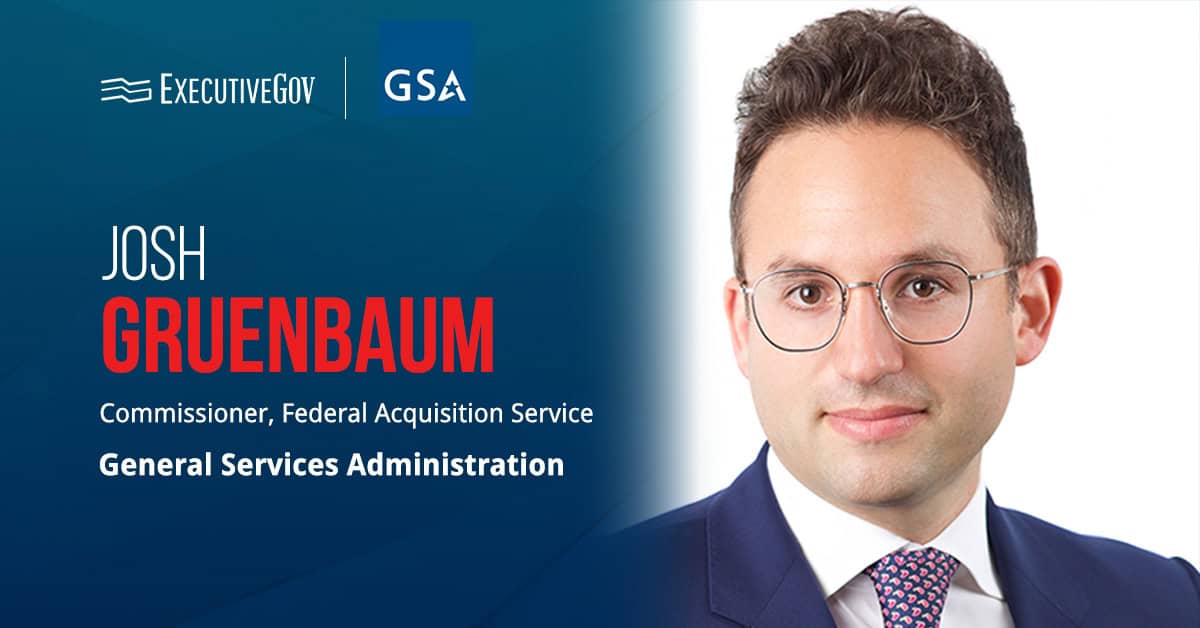
Tom Bossert, homeland security adviser to President Donald Trump, has resigned from his post, Reuters reported Tuesday.
An administration official said John Bolton, the newly appointed national security adviser, reportedly requested Bossert’s departure as the former works to form his own team.
Sarah Sanders, a spokeswoman for the White House, confirmed Bossert’s resignation in a statement saying Trump is “grateful for Tom’s commitment†to the country’s security and safety.
“Tom led the White House’s efforts to protect the homeland from terrorist threats, strengthen our cyber defenses and respond to an unprecedented series of natural disasters,†Sanders added.
Bossert’s resignation is the latest in a string of departures at the White House and some of the officials who recently left the administration include former Veterans Affairs Secretary David Shulkin and Secretary of State Rex Tillerson.





